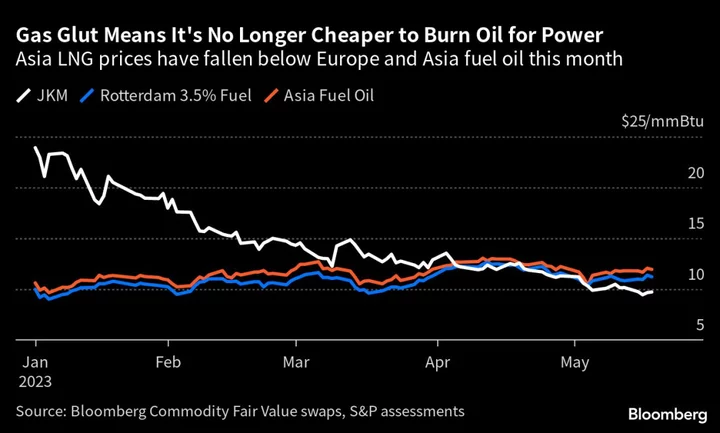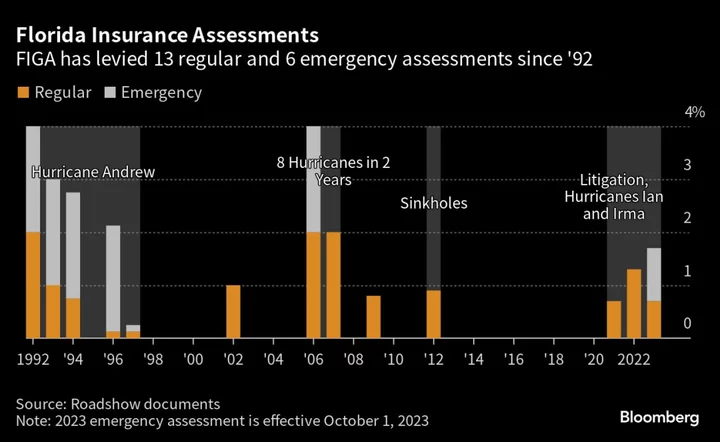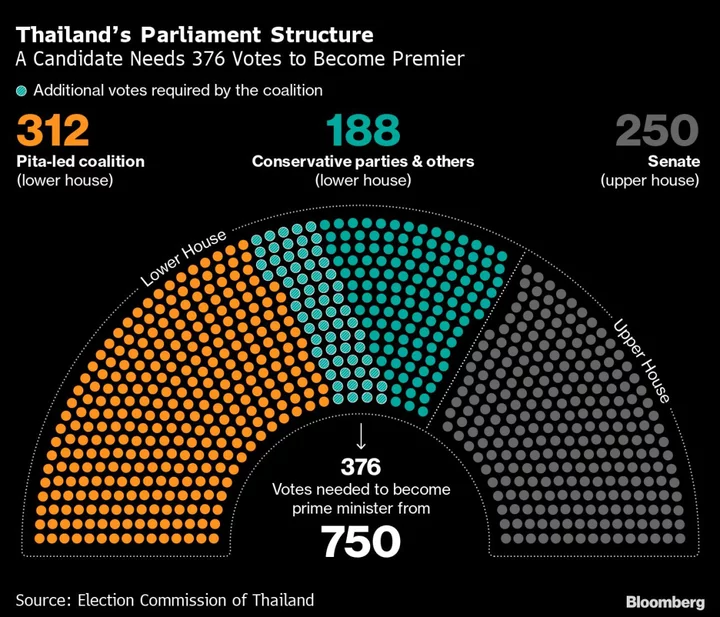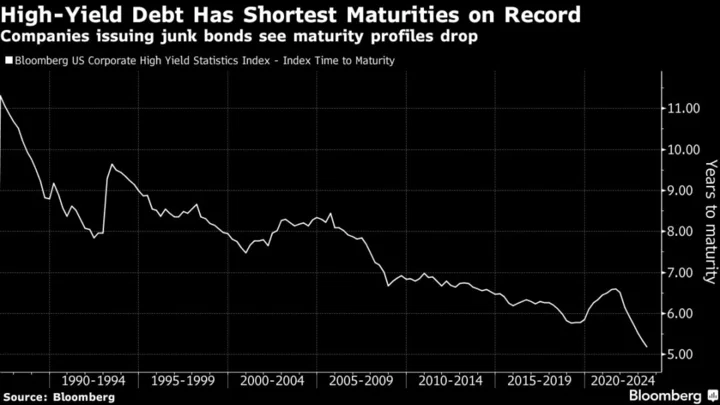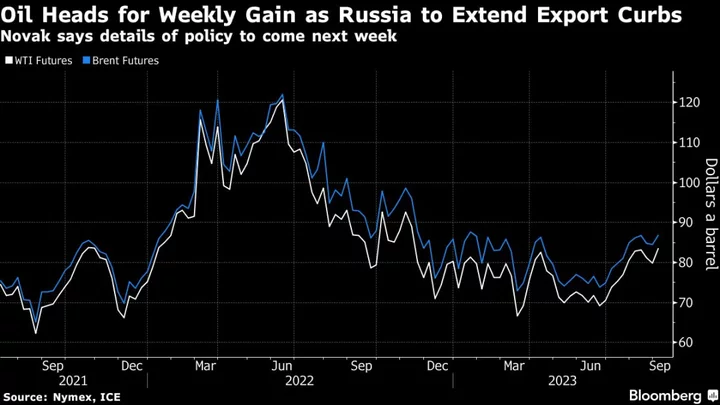As extreme heat dominates news headlines, the gate-keepers of global capital are failing to keep pace with a key associated risk: water scarcity.
That’s according to an analysis by Jefferies, which indicates that even though non-financial corporations are increasingly alert to such risks, the finance industry is lagging far behind.
A lack of clean water, once mostly associated with third-world and developing nations, is now also a regular feature of the rich world. Much of that vulnerability is associated with out-of-date and poorly maintained water works, with the UK standing out as a recent example of dysfunction. Thames Water Ltd., which services roughly 15 million people, has been gripped by scandal after failing to prevent sewage from leaking into rivers.
Water shortages, meanwhile, stand to impact a huge array of sectors, including food and beverages, agriculture, power generation, textile and semiconductors, Luke Sussams, an ESG strategist at Jefferies, said at the Oxford Sustainable Finance Summit on Thursday.
“Water scarcity and water stress are absolutely financially material for those sectors,” he said. But the finance industry “is absent in this conversation.”
Scott McCready, chief strategy officer at Alliance for Water Stewardship, said he received his first ever inquiry from a commercial bank seeking to understand water-related risks this month. By contrast, major corporations such as Coca-Cola Co. and Danone SA have been looking at water risk for more than a decade, McCready said at the same summit.
(Adds more comments from same summit.)


